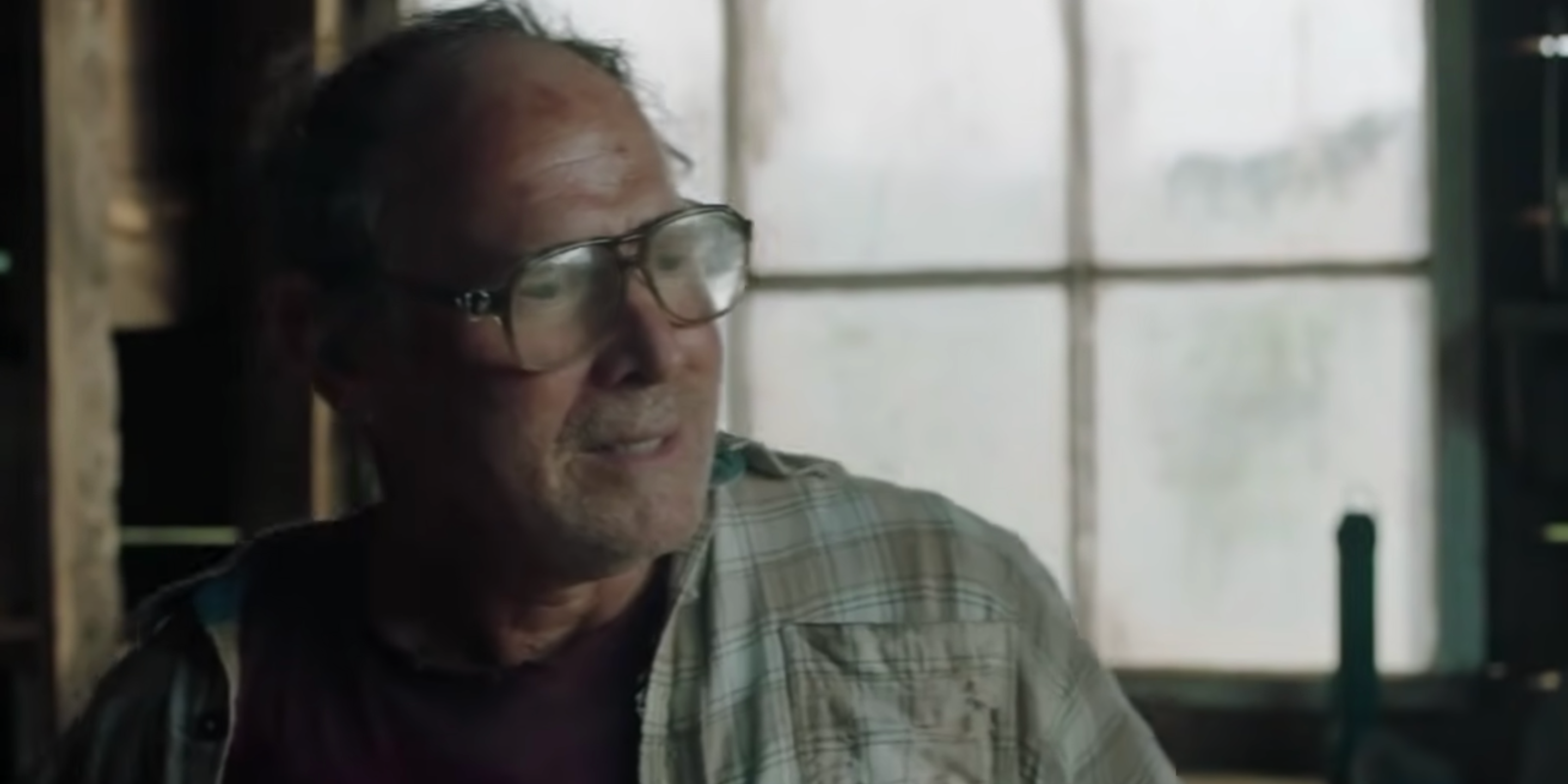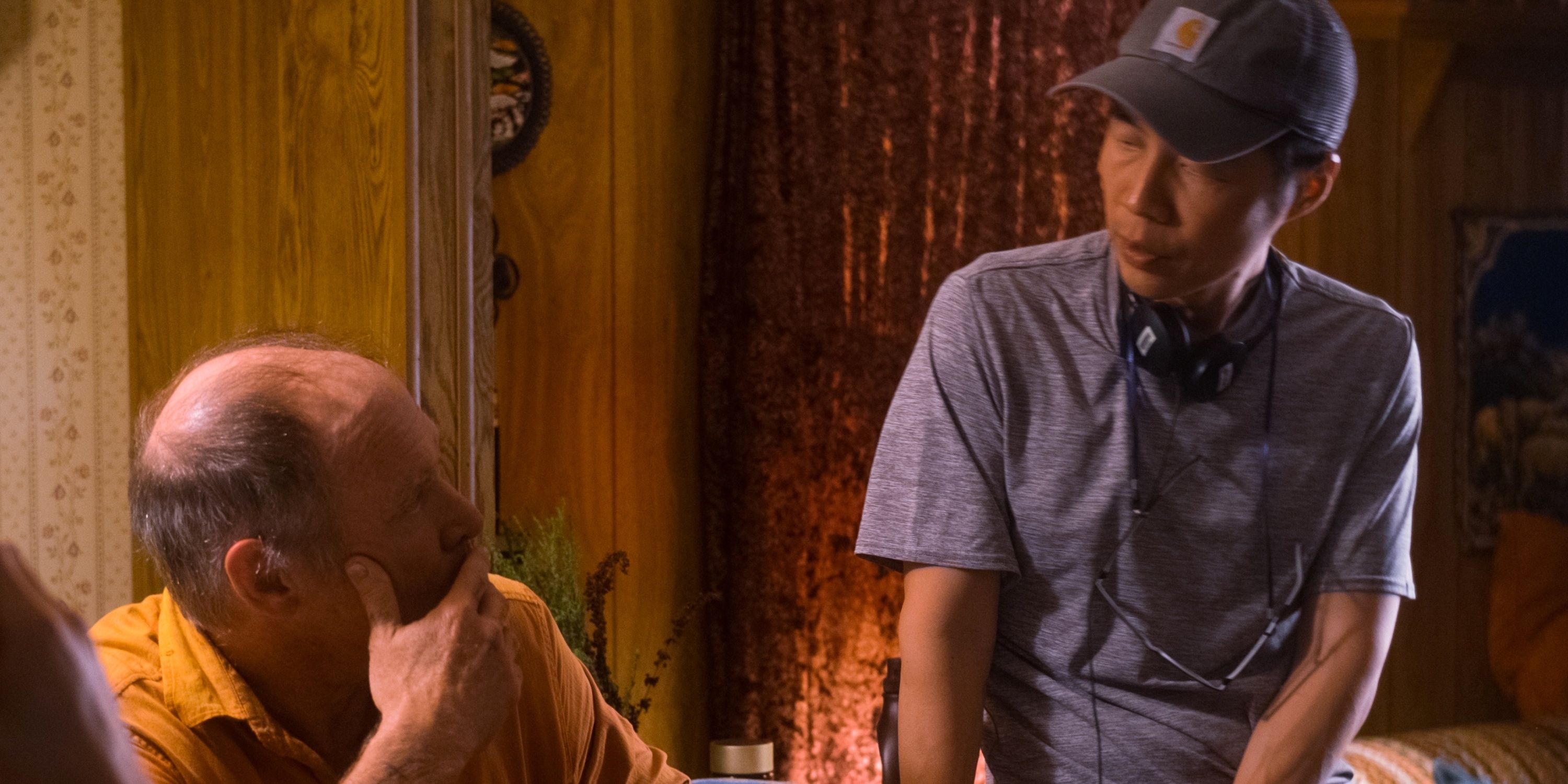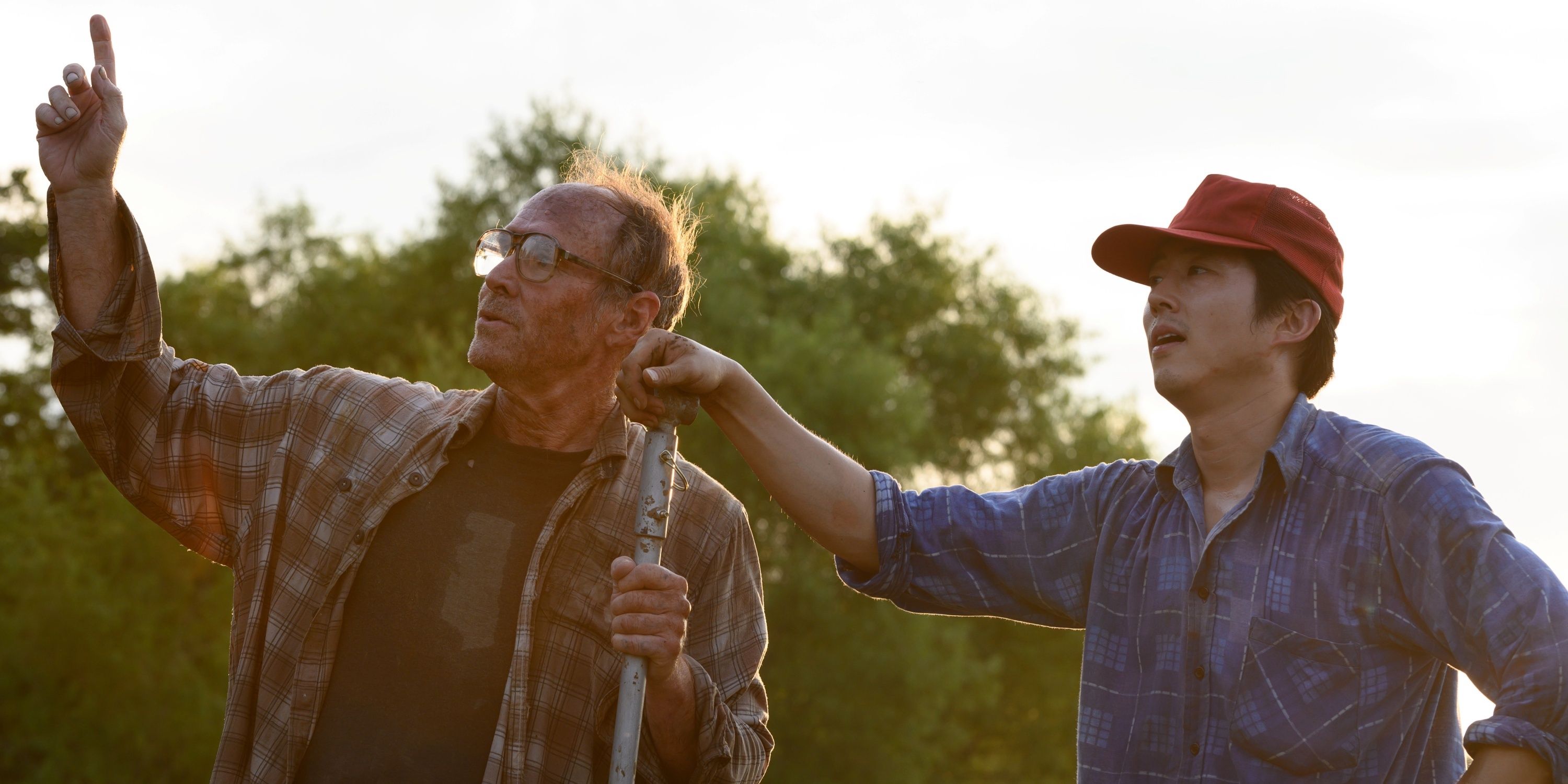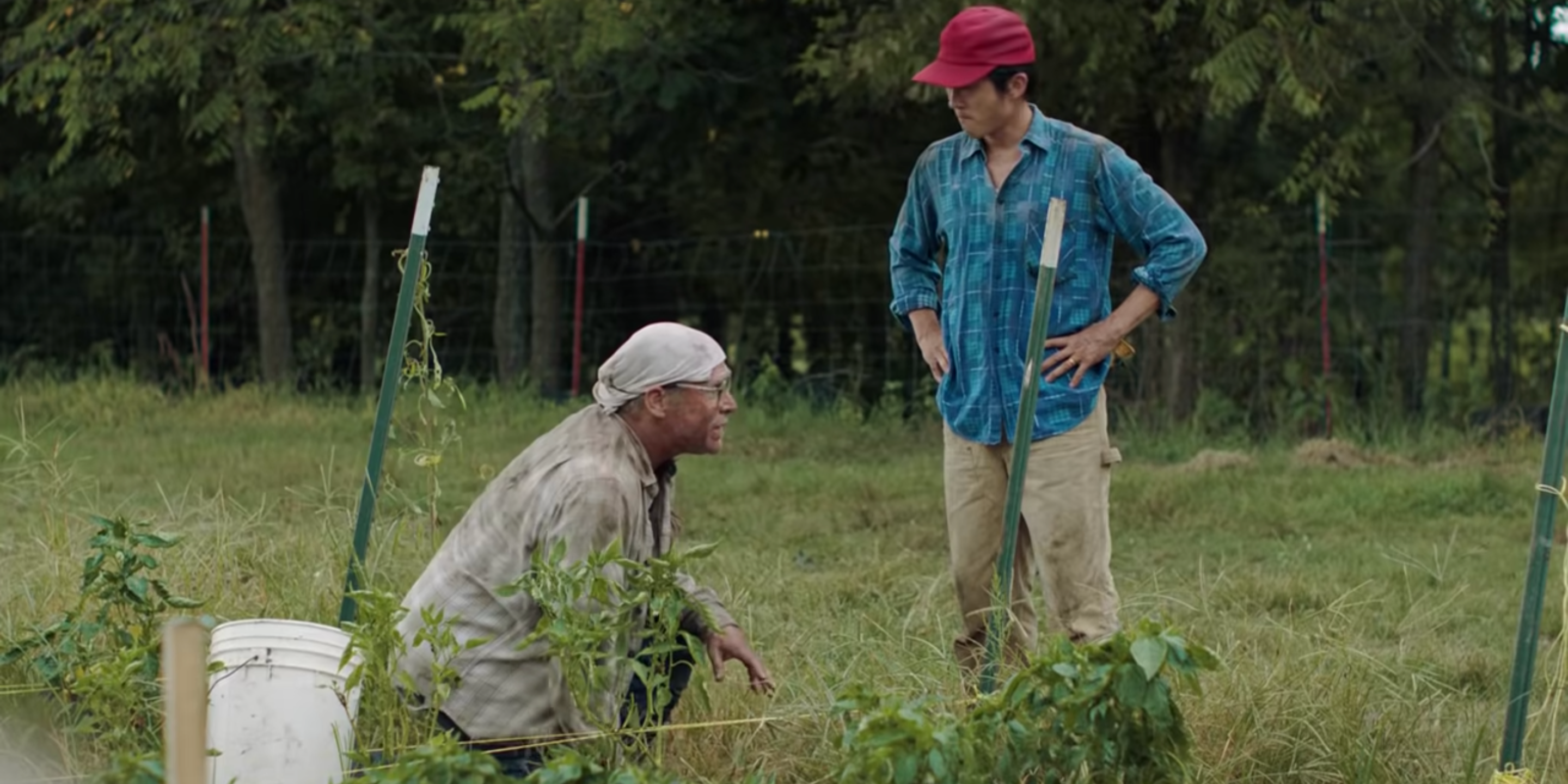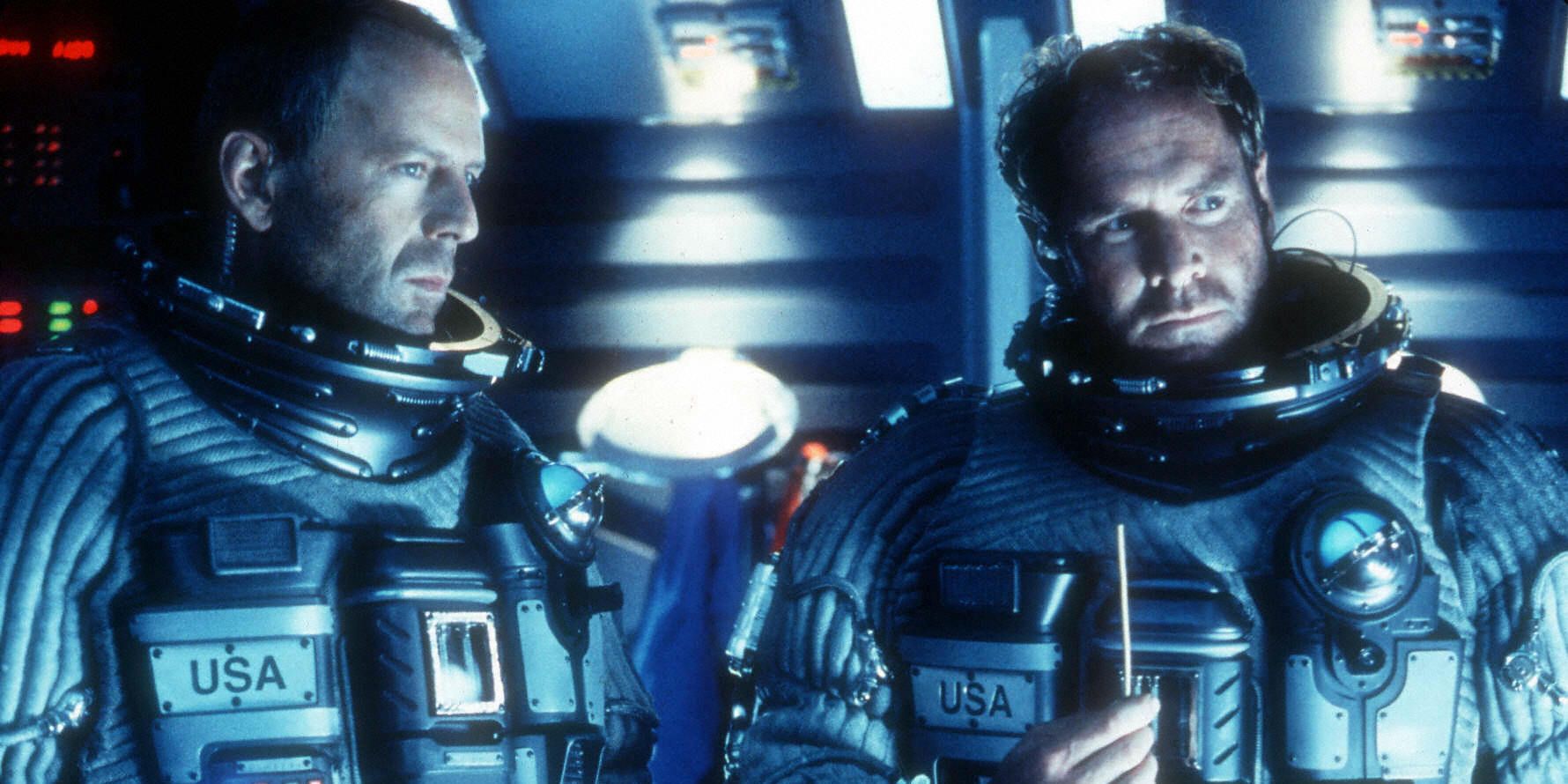From writer/director Lee Isaac Chung, Minari is a beautiful film about the unexpected challenges of pursuing the American dream and the resilience of one Korean-American family who is just looking for a place to belong. At a time when COVID has made it impossible to enjoy the communal movie-going experience in theaters, this very personal story has universally connected with viewers watching at home, as well as those responsible for handing out accolades and recognition during awards season.
During this 1-on-1 phone interview with Collider, actor Will Patton, who plays Paul, a Pentecostal man who won’t take no for an answer after offering to help tend to the crops that Jacob (Steven Yeun) hopes will provide for his family, talked about how the script for Minari was one of the most beautiful things he’s ever read, what he likes about working with filmmaker Lee Isaac Chung, the controversy over the film being placed into foreign language category for many awards shows, and his process for finding this unusual character. He also talked about what drew him to The Forever Purge, the appeal of the upcoming Amazon TV series Outer Range, and what he remembers about his experience making Armageddon.
COLLIDER: I loved this film, as everybody seems to be loving this film who’s seen it. When it came your way and you read this script, what was your reaction to the overall story being told? Were there things that most struck you about it and that you most connected with?
WILL PATTON: I just remember when [Lee] Isaac [Chung] sent it to me, nobody had quite grabbed it yet. I just felt, “The minute somebody sees this, they’re gonna wanna do it because it’s one of the most beautiful things I’ve ever read in my life.” That was my first reaction. I loved it.
This feels like such a very different character than anything I’ve seen you play, and you’ve played a lot of characters. Is it nice to still be surprised by a character that comes your way?
PATTON: For sure, yeah. I’d worked with Isaac before, so he might know a little more of my true nature than other people do, or more than some people might’ve thought that I had this character Paul inside of me somewhere. There was an openness to him that I was really glad came my way.
What was your previous experience with Lee Isaac Chung like? What do you like about him as a director and a filmmaker? Did it feel any different working with him on Abigail Harm than it did on Minari?
PATTON: I was introduced to him by Amanda Plummer, who is in Abigail Harm, and she was just raving about him. She brought me in to meet him and he asked me to do Abigail Harm with them. The thing about Isaac is, and this is a rare thing in a director, you can tell that he loves his actors. He has this kindness and he’s incredibly generous. At the same time, he has a rigor and an uncompromising commitment to his inner vision and it’s extraordinarily disciplined. So, the combination of that kindness and that rigor is something very rare. Sometimes you’ll have somebody very rigorous and they’re mean, or you’ll have somebody really kind and they’re all over the place. He’s got both, and that’s very rare. I also felt like every time he and I would sit down to talk, we were like birds of a feather. We were thinking about similar things and interested in similar things, and had been trying to find a way to work together ever since Abigail Harm.
What’s it been like to see the attention the film has gotten? This is a small, quiet story, and sometimes those get lost, so what’s it been like to see how people have responded? Did you have a sense of how special it would be and how much it would connect with people?
PATTON: When I read the script, I thought, “Anybody who sees this will know how incredible the script is.” But while we were shooting, we had to move so fast. In a lot of ways, it was really a matter of survival, in terms of how hot it was out there. I’ve been on a lot of locations in really difficult weather situations, but the heat out there where we were working, one literally got the impression that someone was going to die. Everybody was overcoming that, every day, knowing that maybe you’d get one or two takes at the most with every scene. I wondered, “Are we getting what’s in the beauty of the script?” I have a trust for Isaac. There is that uncompromising thing that one feels underneath his lovely nature, that he’s really watching out for what it needs to be, with an openness to what’s happening in the moment. It’s a great combination. But you never know. I’ve done things where it’s the most horrible situation in my life and it’s been a huge success, or it’s the most beautiful thing I’ve ever done and nobody sees it.
Has it been weird to see this controversy happen, with the film being put in a foreign language category just because it’s largely in Korean, even though it’s entirely set in middle America?
PATTON: Yeah, it’s so weird. I loved what Isaac said. He said, “Well, maybe they did that because Will speaks in tongues.” I thought that was so funny. It’s weird because, in a way, the movie is about being willing to see others as ourselves and without prejudice. There are all kinds of prejudice. You can say, “Okay, this is a Korean movie,” or “This is a person who speaks with a Southern accent.” So, it was odd that it was defined in a way that’s metaphorical for the movie, in terms of what it’s trying to say. That’s not really where it’s at – Korean foreign language. It’s odd. It felt like one of the most American movies I’ve ever made. It truly felt like we were in the middle of America, making a movie about what America is all about.
This character that you play is such an interesting man with interesting quirks of his own. Was it a character that was fully realized on the page from the very beginning, or did you have some freedom to find him and figure out who he is?
PATTON: It was both. Most of the stuff was there on the page. Isaac really loves to have his actors find things. We would do a lot of improvising. You end up putting yourself out on a limb when you’re improvising and you only get one or two takes. I did everything I could from my side, and he gave me everything he could from his side. It’s hard for me to remember, in the end, what was invented on location and what came directly from the script. I can’t remember anymore. I had this make-up artist, whose real name is Moung Hui Park, but she’s known as Kelly Park, and she and I devised this huge storybook of homemade tattoos all over Paul. We very, very carefully worked out that stuff. I haven’t seen it on a big screen. I saw it on a small screen right around Sundance time. I don’t think any of those tattoos read, so I just wanted to sing out the praises of Moung Hui Park, and how hard she worked with me on that. It’s interesting that that’s a secret that only she and I know, but I don’t want her to go unsung. She was so wonderful. That was something that we worked out very, very carefully. Probably, the way light was, in all of those exterior scenes, it was almost impossible to see because they were faded tattoos. They were supposedly made with a needle and ink, and were handmade. There’s a whole word there that’s very interesting.
This is such an interesting character and your portrayal of him is so interesting because this is one of those characters that could have gone so disastrously wrong in so many different ways, and there’s something just so genuinely sincere about him. Was that ever difficult to gauge, or did it feel very natural once you stepped into his shoes?
PATTON: It took some work. I know some people who are like him and that helped. It helped me to know that the foundation was real. Even though a lot of people might not know it, there is a character like that, that really exists in the world. I knew that I wanted him to be someone who was giving, and that had reached a point where a lot of things had happened in his life and it was very important to him to give with a love to this family. That was a big part of it. The more I thought about it, and I’ve been thinking about it lately, it’s really beautiful, the way that they have no prejudice against him, as he has no prejudice against them. They’re both alienated and outside and judged. I didn’t really understand that, on the deepest level, until recently thinking about that and what a beautiful thing that was and how it came across. I’m not sure if even Isaac knew, originally, what that meant. That’s a pretty powerful thing, when one thinks about it.
Paul is definitely an unusual, strange guy, but at the same time, so genuinely himself, that you can’t really help but like him.
PATTON: Yeah. There’s something so, I don’t know what the word is because the word "spiritual" is so weird these days, but there’s a love inside the movie and a kindness and a generosity, which seems to be a good thing to have in a movie, these days. That’s Isaac. He has that.
You also spend a portion of this movie dragging around a big cross. What was it like to shoot with that? Did you hate dragging that around by the end of your time together?
PATTON: It’s really interesting. I kept it all the time, even in between shots, and I wanted to take it back to the truck at the end of the day. One time, the prop guy said, “Can I carry it for a little bit?” I said, “I’d rather do it. Okay, you can carry it.” The next day, he said to me, “Man, I got the most powerful feeling when I was carrying that thing.” And I said, “Yeah, it’s really true.” There’s something that I can’t even articulate, but it did something to me, carrying that. I carried it for a long time, sometimes, in the long shots when they were just trying to catch vistas, or just waiting for the camera truck to catch up with you. One time, I was walking with it and the camera wasn’t around. I came through these fields and the camera truck was up ahead and they didn’t catch it, but all of these cows suddenly came running from both sides of the fields and just stopped on either side of the fence and looked at me like in this way that I’ve never seen cows look before. It was like they were thinking, “Oh, yes, we’ve seen this sort of thing before.” It was crazy. One of them started leaping and jumping around in circles and I was like, “Man, this cross is a powerful thing. I can only do this for one movie.” It was very extreme. In a way, one can’t help but feel, “Okay, what would be my personal reasons for needing to carry this cross like this? What is it that I feel?” I think all of us might feel, “Whoa, there’s something I need to look at, maybe inside myself.” I don’t know. It forces one into a very powerful place. I hope I’m articulating it okay.
I love that he has such a purity of purpose with it that you just accept what he’s doing.
PATTON: Yeah. There are guys in the South that used to do that. My cousin was just telling me, the other day, that she knew a guy who did it all the time, up and down to the country roads. So, there are people that do it.
I love that you an actor who can contrast doing a role like this in a project like Minari with jumping into The Purge franchise.
PATTON: Jason Blum of Blumhouse is a really interesting guy. He manages to make these movies that, on the surface, are popular, scary movies, and yet he slides in these secret meaningful things, which I think are capable of influencing people on a large level. His heart is in such an interesting place. Some of the things that I say in The Purge are very much about what was going on in the administration when we made that movie. That was couched inside of this horror movie, or whatever it is, that says something very interesting about immigration and all kinds of things. He’s an interesting cat, Jason Blum. He manages to get this secret information out through these popular genres, if that makes sense. I like things that are scary. I feel like they’re appropriate to our time.
What kind of character are you playing in The Forever Purge?
PATTON: He’s a rancher. The main two characters are Mexican, and he owns a ranch. It’s hard for me to talk about. We’re on a ranch. My part is on a ranch with horses and stuff.
You’re also a part of the Amazon TV series Outer Range that Josh Brolin is doing. What is it about that project and the character that you’ll be playing that appealed to you?
PATTON: I love Josh and Lili Taylor, and the scripts are wonderful. I think the old Twilight Zone series is really wonderful. It has this really almost well-intentioned otherworldliness that always seems like it’s coming from a good place. We’re getting back to scary again. I must have this weakness for things that are scary. It might come from too much influence of The Twilight Zone as a teenager or something. I don’t know. There’s something about Outer Range that feels like a combination of Western and The Twilight Zone. And the scripts are really great.
You’ve played both heroes and villains throughout your career. At this point, do you have a preference on which character type you like to play, or does that not matter to you if the story is really interesting?
PATTON: It’s funny, I like things that correspond to something that I’m interested in or something that I’m thinking about. Usually someone who’s trying to do the right thing is more interesting to me than someone who is fucked up. I actually find that playing the fucked up person is harder. Some people think it’s more fun, but I find it harder. There are a lot of fucked up people that I couldn’t play. I couldn’t possibly play a child molester or somebody who imprisoned a woman in a basement, or something like that. I need to understand why somebody would do that, and I don’t think I could figure that out nor would I want to. So, whatever kind of villain it is has to be somebody that I’m willing to take the trip with. There’s a lot of them that I couldn’t. People who are trying to do the right thing are a lot easier for me. My ideal is someone who feels alienated, but is maybe breaking through somehow. I don’t know what that means exactly. Maybe someone who feels not quite at ease in the world, but somehow finds their way.
Are there aspects of making Armageddon that stick with you and will always stick with you?
PATTON: I remember when I read the script, I was like, “I love this. A bunch of guys on an oil rig go try to save the world in outer space. This is amazing.” I actually loved it. I was like, “This is such a crazy idea.” It was a long shoot and there was a lot in improvising. They were French designed spacesuits that were so uncomfortable that they were horrible. I think the only one who was comfortable in his spacesuit was Steve Buscemi, and I don’t know why that is. They were too tight on the rest of us. I didn’t enjoy being in a spacesuit. I liked the physical stuff. On the stage, when I was coming up, most of my stuff was pretty physical. So, when I get to be physical, which action movies allow you to do, I really enjoy that. The camera can be a little constricting sometimes, and action movies allow one to use the body in a different way.
What would you say is a film you’ve done that you think deserves more attention?
PATTON: Just thinking recently, I did a movie with director Alex Rockwell called Sweet Thing, which hasn’t really come out. That’s me and a couple of kids working together. That was a great time for me and an interesting story. I liked what we tried to do in this movie called Hammer. I just liked who that character was and that it was about what it would be like to be forced into a really bad, violent situation without, in any way, glorifying it. That goes back to me liking scary stuff. I really liked The Mothman Prophecies. That was an adult scary movie that’s mysterious. Usually, when people come up to me and they say, “Oh, The Mothman Prophecies,” I’m like, “Oh, I trust you.” I know there’s more and I’m forgetting them, and it’s terrible that I’m forgetting them. It’s just that I have a tendency to only think about the most recent stuff. I move on. There’s lots of stuff that I’m sure I would like to give attention to, but can’t remember.
Minari is available on PVOD.

